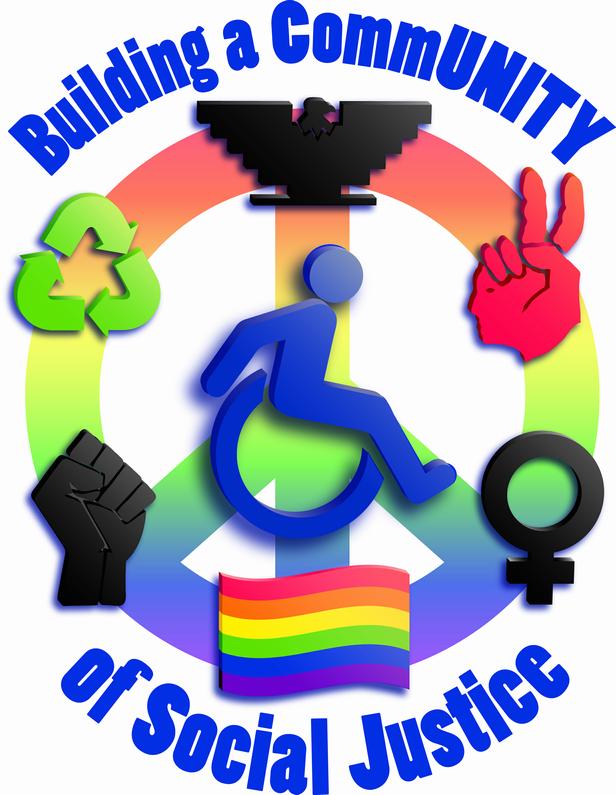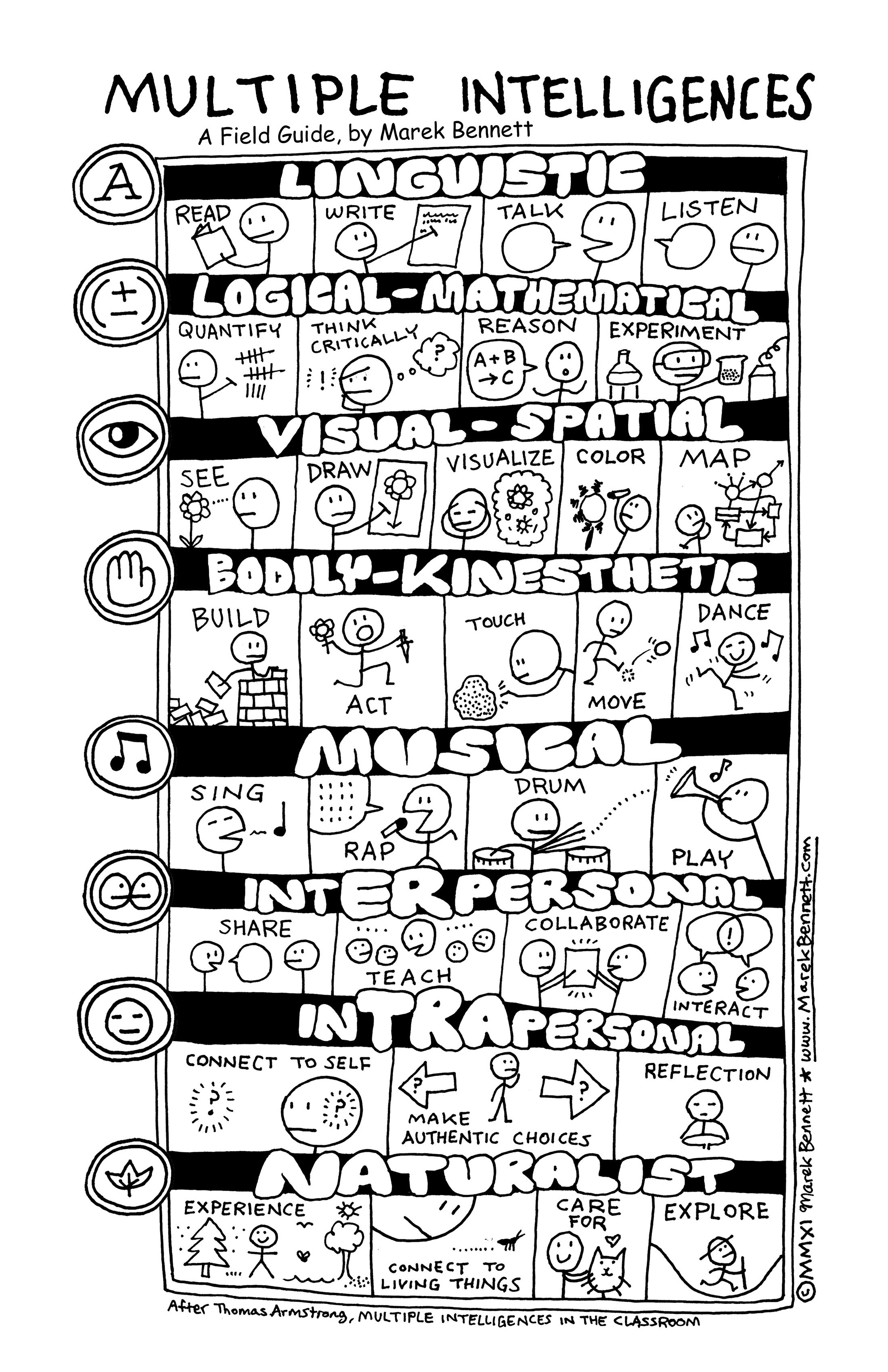Education is something that has always been very important to me. In this education class it has opened my eyes to so much more. It is more than just getting a grade or a diploma. It is how children grow and develop socially, emotionally, and even spiritually. Helping students reach their full potential should be one of the teachers top goals. Education is like learning how to ride a bike, at first it might be hard to grasp but once you have figured it out it can get you anywhere is life. Education goes beyond the walls of a classroom.
Some interesting things that I learned this course would be philosophies, theories and inclusion in the classroom. I thought it was so interesting to learn about all of the different philosophies their are out in the world. Before this class I never really even knew that there were so many different kinds/ or really even what they are. Taking the quiz to find out what philosophy would suite me was so cool. I ended up finding out that Humanism is something that I can really relate to. Another thing that I did not really know anything about was all the different theories that are out there. I liked how we got the chance to educate ourselves and discuss what we liked best. The Montessori was one theory that really struck me and I looked into it even more. Lastly, learning about how to create an inclusive classroom was extremely important to me because I want to work with children who have special needs. All three of these aspects of the course will be very helpful when I become a teacher.
I liked getting the opportunity to have a blog because it gave us the chance to get to know our classmates more, especially because this is an online course. The blogs gave us the opportunity to speak our own opinion on issues or things we find interesting to, and often found that they are important to others as well.

















